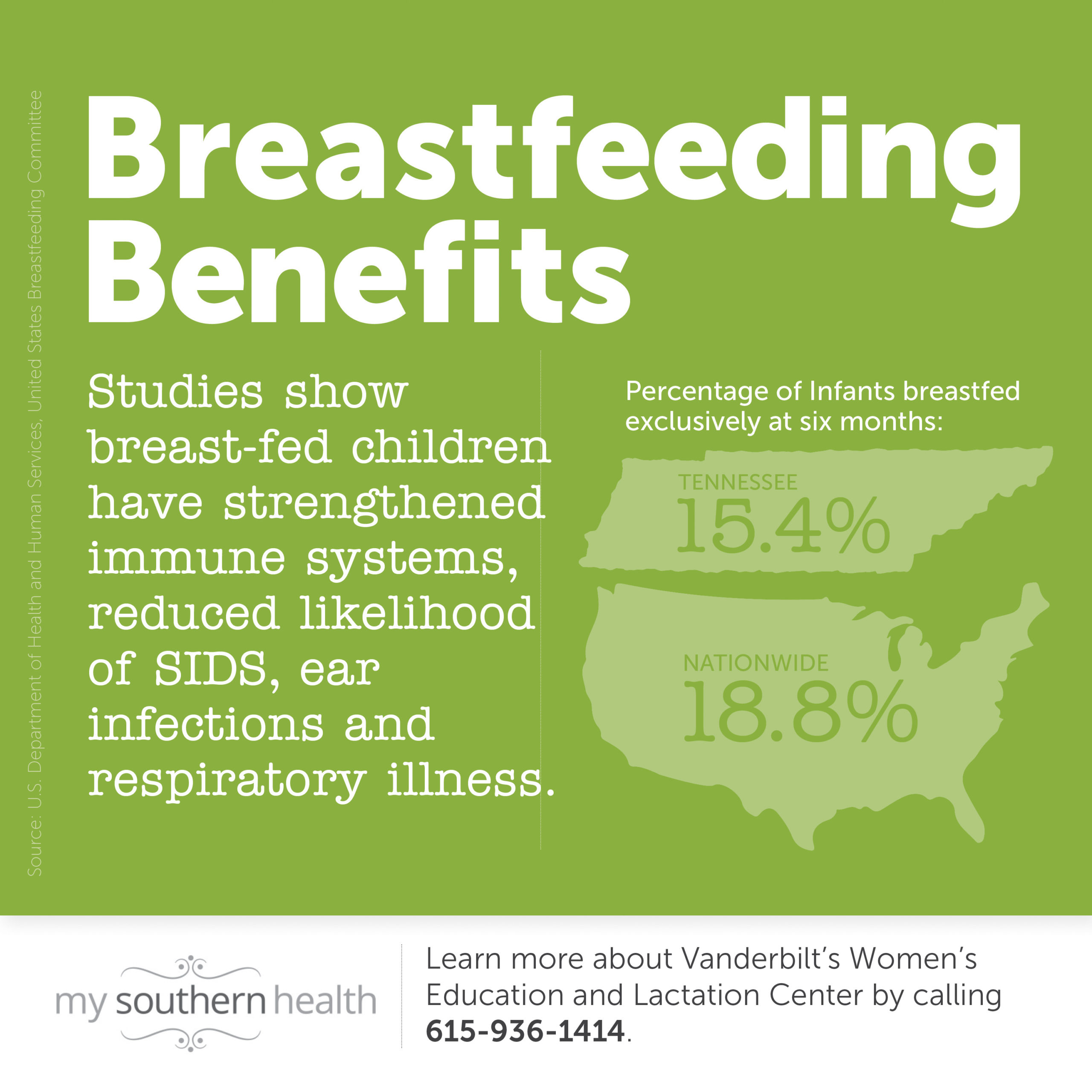Learn about the benefits and who should join.
Whether you’re new to breastfeeding or are in the process of breastfeeding your second, third or fourth child, a breastfeeding support group may be of benefit. Plus, sharing your own experiences may help another parent with any issues, concerns, or challenges.
What happens in a breastfeeding support group?
A breastfeeding support group typically has a designated facilitator who helps ensure that everyone’s voice is heard. A support group should also allow people the freedom to share their experiences and concerns without the confines of a rigid meeting structure.
Parents can discuss any challenges or successes and receive support from others who are having similar experiences. A group is intended to foster camaraderie by celebrating triumphs, offering a safe space to vent frustrations, and providing constructive advice or feedback when needed.
What topics are discussed in a breastfeeding support group?
A breastfeeding support group covers a range of topics, including latching, pumping, breastfeeding supplies, milk storage, traveling, weaning and more.
Pumping is an important topic that is often discussed. Using a breast pump takes a bit of practice, so it’s good for new mothers to get advice and some experience using a pump before they go back to work – or any other change in schedule that is likely to take them away from their babies during feeding times.
Who should join a support group?
Often new parents are the ones joining a breastfeeding support group, but all are welcome. Even mothers who have breastfed before can benefit; not every baby breastfeeds the same.
How a baby latches, digests and interacts during breastfeeding all play a role the overall breastfeeding experience.
Sharing one’s own experience can offer support to others who are facing similar challenges and let them know that no breastfeeding experience is perfect.
While breastfeeding support groups often focus on the breastfeeding parent, many of them welcome fathers, who are learning how to be helpful to their partners during what can be a frustrating process.
Where to find a breastfeeding support group
Ask your OB-GYN or lactation consultant for recommendations of breastfeeding support groups in your area.
Some support groups may meet on Zoom, which can be helpful if getting to an in-person session is difficult. Video could be helpful to show someone how your baby’s trying to breastfeed. Sometimes things can be evaluated by just watching you and your baby interact.
Online resources can foster community and support. Also, the Tennessee Breastfeeding Hotline operates 7 days a week, 24 hours a day to connect breastfeeding mothers, caregivers, family members and others seeking information on breastfeeding with trained lactation consultants and counselors: 855-423-6667.

Planning for postpartum success
Each pregnancy and delivery is unique and yours should be too. Learn more about how Vanderbilt Health’s obstetrics and maternal fetal medicine teams bring together nationally ranked expertise and personalized care from your first prenatal visit to delivery and beyond.
To learn more, call 615-343-5700 or schedule an appointment online.




